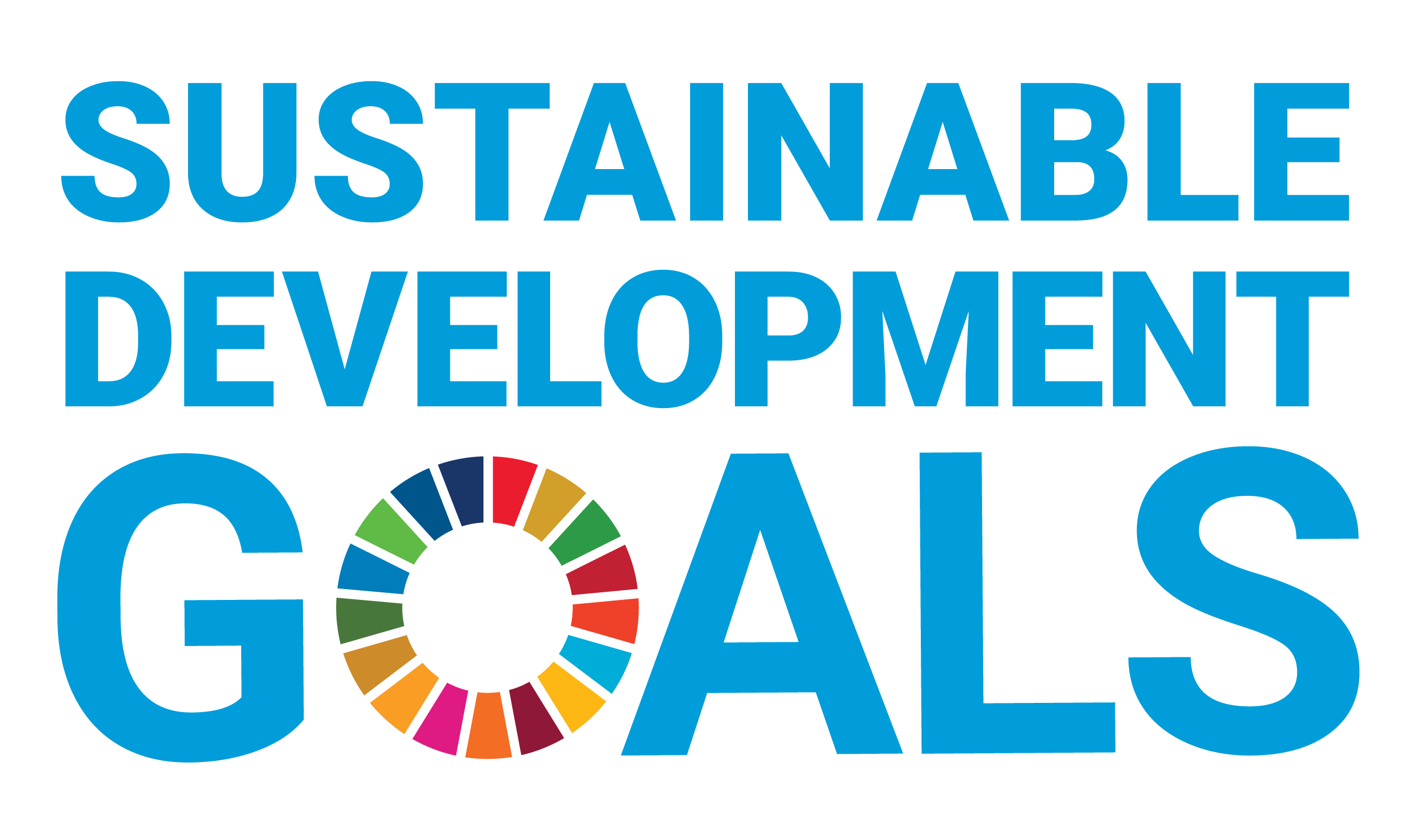Access to Information and Other Correlates of Vote Buying and Selling Behaviour: Insights from Philippine Data
Document Type
Article
Publication Date
8-2021
Abstract
Access to information is a key factor influencing political behaviour and decisions. Recent studies on vote buying and selling have tried to unpack the possible drivers behind this phenomenon; yet, few studies have empirically examined the role of different sources of information. This study contributes to the nascent literature in this area by turning to a unique dataset from a survey of low-income voters in Metro Manila, the Philippines. It empirically examined the relationship between access to information and vote selling behaviour by low-income voters. It also studied other correlates of vote selling and the possible factors linked to receiving an offer. The results suggest that the quantity of information has no significant relationship with the likelihood of accepting the offer and voting for the candidate for whom the offer was made. However, the quality of information does matter. In particular, access to sources of ‘good quality information’ is negatively associated with completing the vote selling transaction (i.e., accepting the offer and voting for the candidate). This study also found evidence that when money is used for vote buying, it appears to be targeted at those with greater needs, confirming the literature that vote buying activities tend to be well targeted at poor and low-income communities. Unsurprisingly, vote buying offers are more likely in areas where elections are closely contested, and they are also more likely in socially cohesive communities. Our findings also suggest that vote buying may not necessarily be effective in the sense that it encourages only few voters to change their candidate preference. This coheres with earlier studies suggesting that vote buying and selling merely caps a longstanding patron–client relationship between politicians and low-income voters.
Recommended Citation
Canare, T., & Mendoza, R. U. (2021). Access to Information and Other Correlates of Vote Buying and Selling Behaviour: Insights from Philippine Data. Journal of Interdisciplinary Economics. https://doi.org/10.1177/02601079211034607



